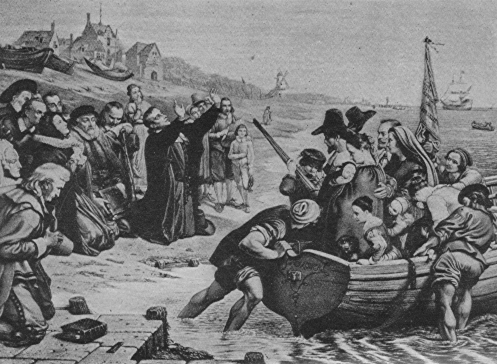I'd say the title of the episode is very appropriate for the episode because of the word "muse." A muse is a source of inspiration and I sure bet Shakespeare had one. Every time I think about Shakespeare that word somehow comes to mind. It seems appropriate to mention Shakespeare since he invented many words and gave them a meaning.

It's funny that people like Shakespeare used to make up words when today it's difficult to even think of a contraption that hasn't been created yet. Maybe the words that existed weren't enough for Shakespeare to express himself. He must have felt like a mute person whose sign language isn't enough. Like I previously stated, language shows social class and Shakespeare's was reflected in his vocabulary. He also wrote with words the characters should have used, were they alive. It's amazing to think "his plays have every kind of spoken English" considering he had very basic education. Now that I think about it, I'm thankful to have read some of his plays before. It's common knowledge.
It's funny to think that only in the United States there are many different types of English, some more Elizabethan than others. Was this because of the vast separation between settlements or the Indians colonized? Are there other reasons? I'd always wondered why different accents unravel and how children learn them. My mother explained what they hear is what they repeat, a pretty obvious answer. Also, self containment of territories causes language to avoid different changes. Just like Spain, where the mountains protected the language from imminent changes around it.
The way people recreate Plymouth reminds me of Harry Potter World. There, people who are have an English accent act as students, making the attraction very similar to the movies.
As to the vocabulary, I heard the narrator use the word vernacular. The meaning of this word is "the language or dialect spoken by the ordinary people in a particular country or region" or "spoken as one's mother tongue; not learned or imposed as a second language."
Lastly, the citation.
Lastly, the citation.
MacNeil, Robert, William Cran, and Robert McCrum. "The Mother Tongue." The Story of English. BBC. 1986. Television. Transcript.
No comments:
Post a Comment